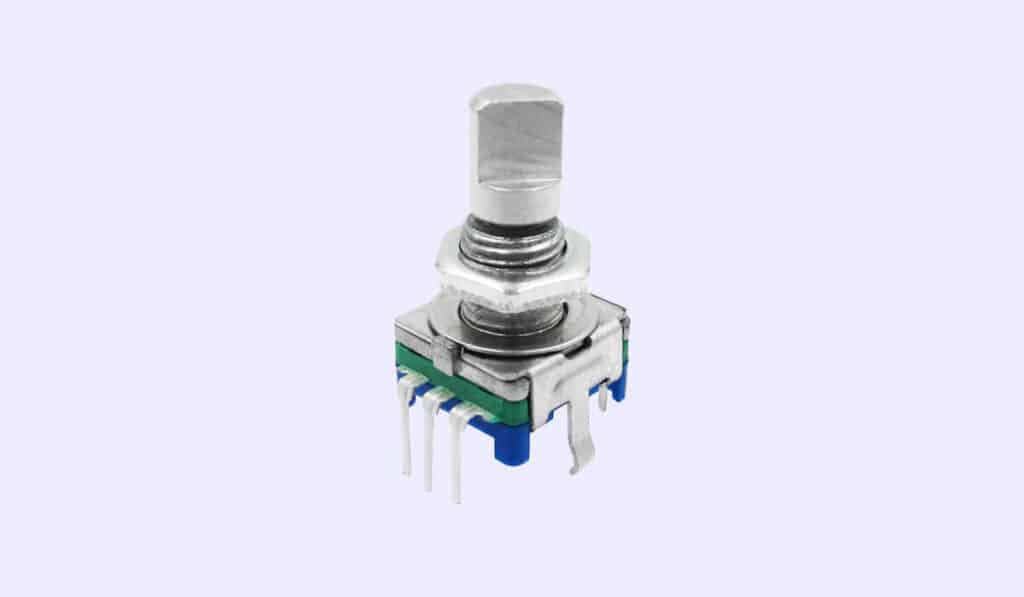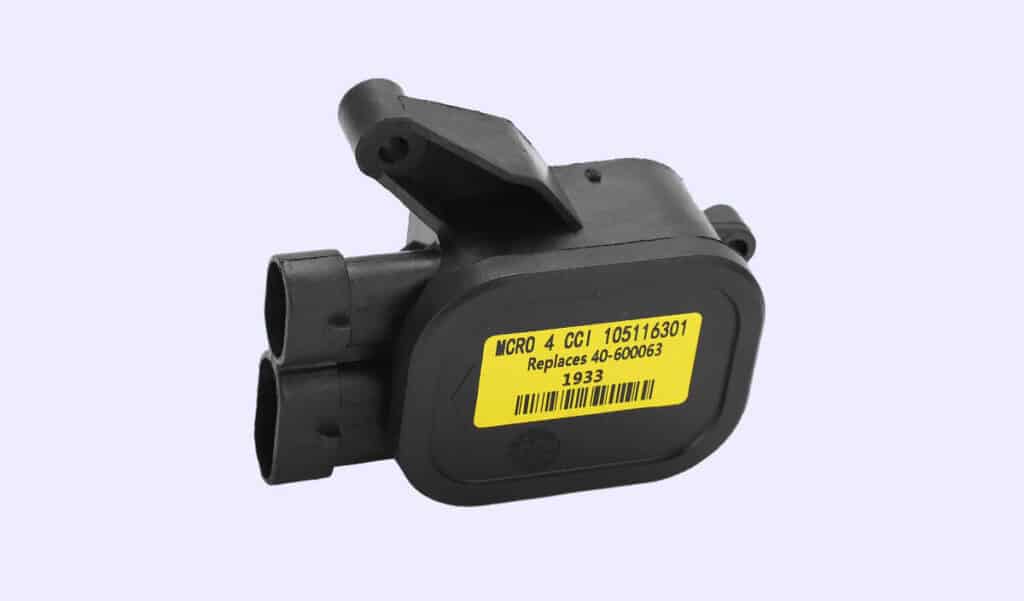Potentiometers are an important part of many electrical systems in your car. If you are experiencing issues with your potentiometer, it’s important to address them as soon as possible to avoid more serious problems down the line. In this article, we’ll provide you with a comprehensive guide to potentiometer replacement, including costs, symptoms of a faulty potentiometer, and tips for maintenance.
What is a Potentiometer?
A potentiometer, or “pot” for short, is an electrical component that is used to vary the resistance in a circuit. This allows the circuit to regulate the amount of current flowing through it, which in turn affects the function of various systems in your car, such as the audio system or the fuel injection system.

How Much Will it Cost to Replace a Potentiometer in Canada?
The cost of replacing a potentiometer can vary depending on the make and model of your vehicle, as well as the specific potentiometer that needs to be replaced. On average, you can expect to pay between $150 and $300 for parts and labour, with a labour time of around 1-2 hours.
What are the Symptoms of a Faulty Potentiometer?
Symptoms of a faulty potentiometer can vary depending on the system it is controlling. Here are some common symptoms to look out for:
• Inaccurate or erratic readings from gauges or sensors
• Electrical issues, such as flickering lights or a dead battery
• Difficulty controlling or adjusting certain systems, such as the audio volume or the HVAC system
How Long Does a Potentiometer Last?
The lifespan of a potentiometer can vary depending on usage and the specific make and model of your vehicle. However, with proper maintenance and care, you can expect your potentiometer to last for several years.
How Does a Potentiometer Become Defective?
Potentiometers are a vital component of many electronic devices, and they can become defective due to various reasons. One common reason is wear and tear over time, which can cause the components to become damaged and affect their accuracy. Potentiometers can also become defective due to exposure to extreme temperatures or moisture, which can cause corrosion or damage to the internal components. Additionally, electrical surges or power spikes can damage the potentiometer’s circuitry, leading to malfunction. Physical damage or impact can also cause the potentiometer to become defective, such as from dropping or mishandling the device. Regular maintenance and proper handling can help prolong the lifespan of your potentiometer.
How Can a Faulty Potentiometer Affect Other Systems in the Car?
A faulty potentiometer can affect other systems in your car, depending on the circuit it is controlling. For example, a faulty potentiometer in the audio system can cause distorted or erratic sound, while a faulty potentiometer in the fuel injection system can cause poor engine performance or reduced fuel efficiency.
Is it Safe to Drive with a Faulty Potentiometer?
It is not recommended to drive with a faulty potentiometer, as it can lead to more serious electrical problems and potentially cause damage to other systems in your car. It’s best to have the potentiometer replaced as soon as possible.

How Can I Make My Potentiometer Last Longer?
Here are some tips for maintaining and prolonging the lifespan of your potentiometer:
• Keep the area around the potentiometer clean and free of moisture
• Avoid exposing the potentiometer to extreme temperatures or electrical surges
• Have your electrical system inspected regularly to catch any potential issues before they become major problems
Conclusion: Potentiometer Replacement
Replacing a faulty potentiometer is an important part of maintaining your car’s electrical systems. By following the tips outlined in this article, you can help prolong the lifespan of your potentiometer and avoid more serious problems down the line. If you suspect that your potentiometer may be faulty, it’s important to have it inspected and replaced by a qualified mechanic as soon as possible.
